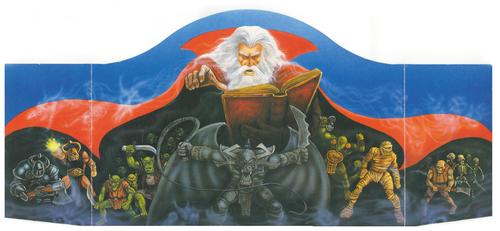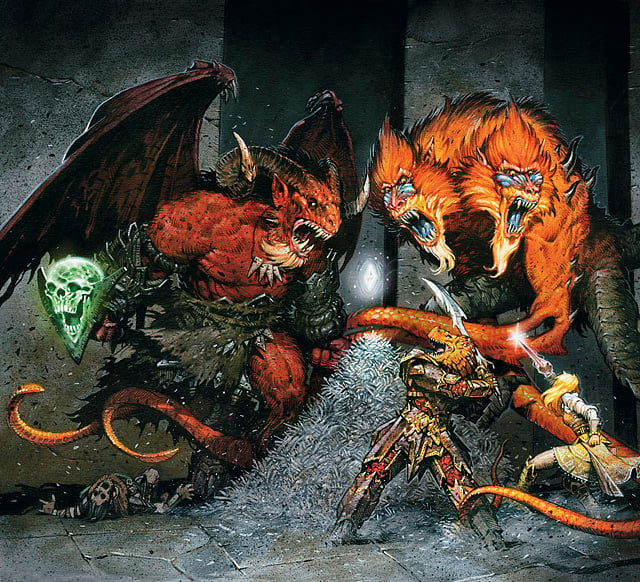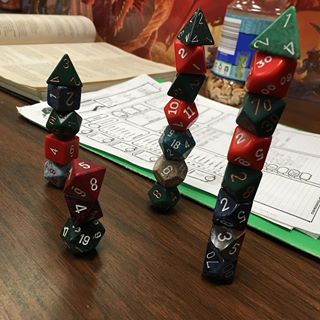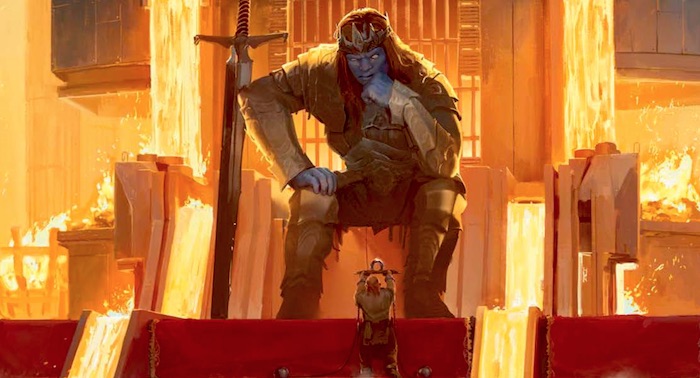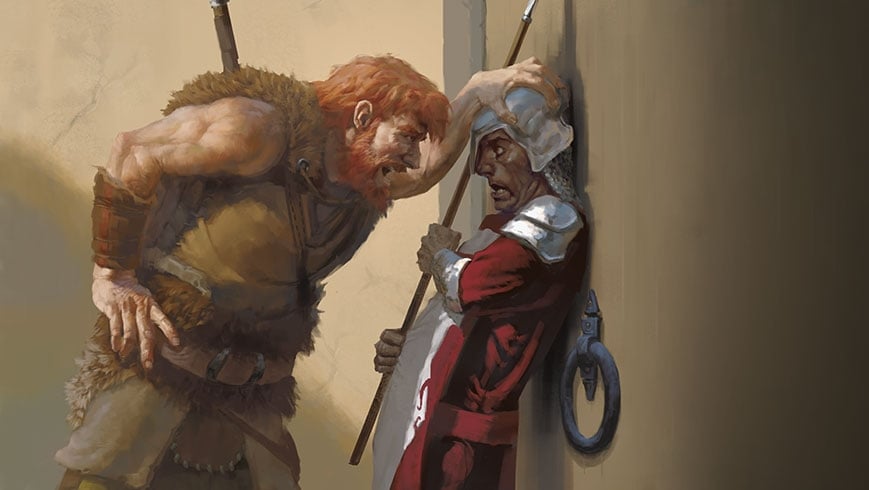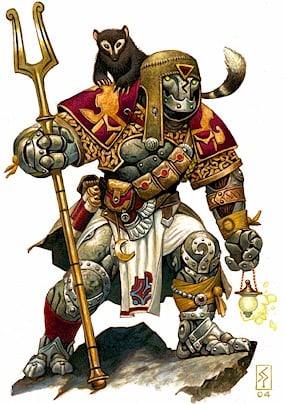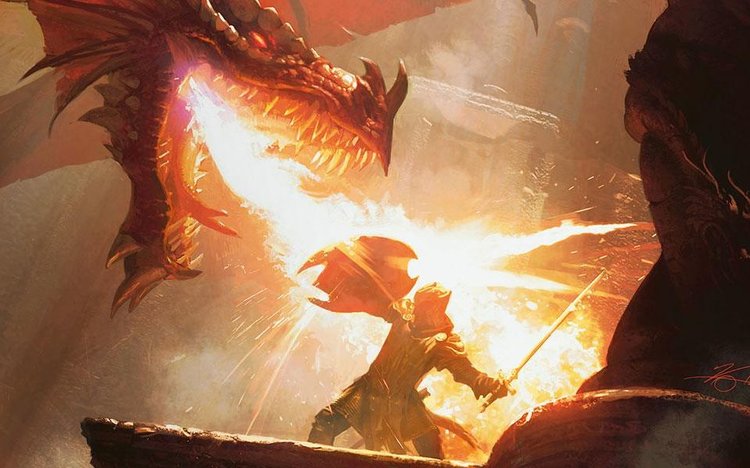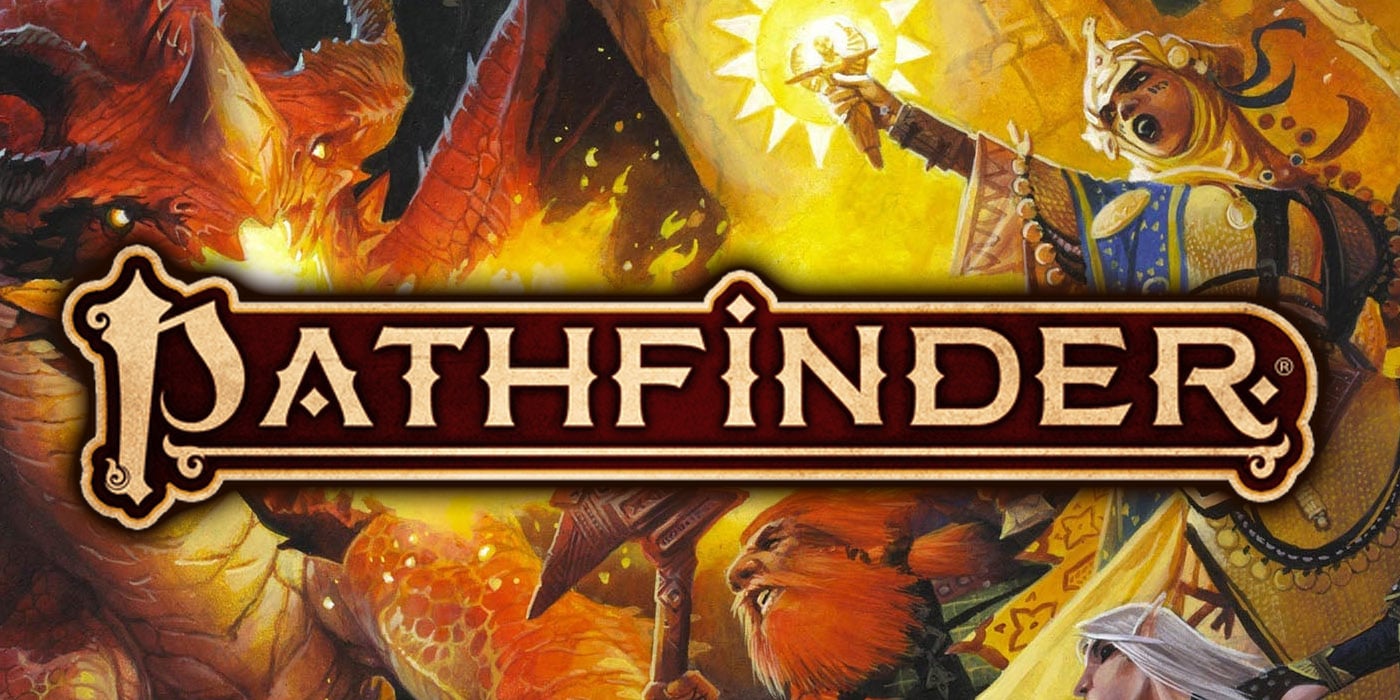RPG: Player Compounding Interest
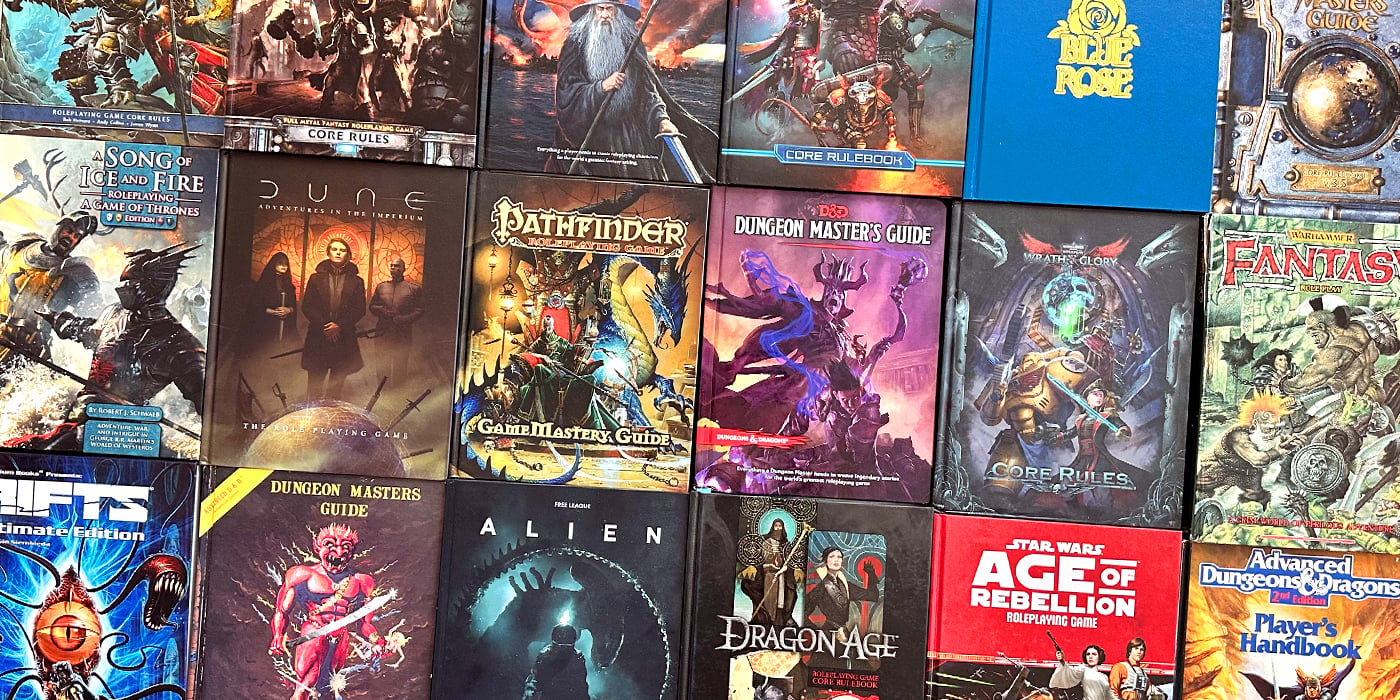

Today we talk about what to do when interest rate around the table drops like its the Federal Reserve in an election year…
Let’s talk about interest in your game.
Now, I’m sure we’ve all had moments around the table when you’re looking around and you see that your players have started stacking dice on top of one another, or are at their phones, or just chatting aimlessly about something. That’s not what I mean. That’s just attention and there’s a natural rhythm to it as a session progresses. Players find things that draw them in, but then they need a break. Same goes for the GM, you’re describing a room and casually mention that there are four lights, and the next thing you know it’s 45 minutes later and you’re STILL making Star Trek jokes.
Yeah, that’s pretty much the reaction ALL my Star Trek jokes get…
This is actually good–but we’ll get back to that in a moment. What I mean when I say interest is the amount of interest you and/or your players have in seeing the game keep going. Not just the session, but the adventure–or the campaign. This fluctuates less frequently, but we’ve all had games we’re excited to play. Or characters we want to play–just as likely we’ve had moments where it’s not quite landing. Or we’re not able to do the things we want to do.
So let’s talk about how you can manage fluctuating interest levels in your game.
Communicate
“Do you mind? We’re trying to focus on our actionable items here!”
Man, not to go all advice columnist here, but I cannot stress enough the importance of good communication in any group. Any RPG is a social game, and a collaborative one at that. Both of these facts mean that communication is paramount to the undertaking. So how do you talk about interest in the game without just derailing everything?
I like to check in with my players when I can. I mean, you can get a sense of how everyone’s doing just from how they act around the table. This is where those moments when the attention is not on the game can come in handy.
It’s a chance to get a read of how people are enjoying themselves. What are they doing in those moments when the game isn’t actively progressing. Talking and laughing–odds are good they’re having fun. Checking out? Or sitting around a little distant, maybe their interest in the game is starting to flag.
This is probably fine–it’s when they start laying foundation you should worry.
The other thing that table-talk can provide is a chance to foster a friendly environment that makes it possible/comfortable to say, “hey I’m not really enjoying myself right now–here’s why.” No one will actually ever say that. But they might say, “hey, I’m not really digging my character.” Or give you a road to ask how they’re into the game.
And you want to have this communication because when you start to see interest flag it’s time to…
Reevaluate
So one thing you can do when a game isn’t hitting for one of your players (or for you, for that matter), is to take some time to try and figure out what’s working. Then, once you’ve got that out of the way, start working out what isn’t.
“This whole being a Fire Giant king is working out pretty good…”
Maybe it’s the adventure–their character is fun, but feels out of place, or they just aren’t having fun fighting these monsters that keep stunning everyone and they spend every fight unable to act but every couple of turns. This kind of thing is easy to fix–all it takes is a little tweak here and there. This could be something like changing up the monsters so that they aren’t stunned every single fight. Or working to get a hook for your player.
On the GM side of things, whenever you feel yourself checking out–take a minute to remember what you really enjoy. Maybe it’s your story, or the chance to play the particular villains in the game, but you’re not having as much fun because the players aren’t taking the bait, or aren’t staying as engaged as you want–or maybe the plot isn’t working out as well as you’d hoped.
The reason I recommend starting with what is working is to keep yourself from going too negative too fast. You could get a 99 positive comments, but that hundredth negative comment is the one that sticks with you. So it’s important to take aminute and be like, “okay, this stuff is obviously working” both for your own mental sanity, and also to have it on deck when you start zeroing in on what’s misfiring. Once you do that it’s time to
Recalibrate
“Okay but what specifically do I need work on with regards to my people skills…”
So once you know what’s working, and what isn’t you’ve got the tools you need to start working on your interest levels. One of the things I’ve found is that figuring out what is working for a given player can often help you identify what they get out of the game, so that, ging forward, you can try and bring more of that to the table. Or, so that you can work from a place of “hey we’re all trying to have fun” when you start trying to figure out how to keep the player engaged.
In that example above where one of your players doesn’t feel like their character is fitting in, you can start to dial in on what would make them feel more at ease, and you’ll already have done a lot of the work by taking a moment to figure out, “oh hey here’s what you like.” Then you can either work out another plot hook–or maybe even get your player to come up with a reason to be on the adventure. Or if they aren’t enjoying their character, that’s an even easier fix–just talk about alternate options.
My favorite trick is recommending that they play their character, but as a robot…
Similarly, if you find yourself not really enjoying the current situation you’ll already know what you have been enjoying. I’ll give you an example from one of my games–I found myself slacking off in preparing stuff for sessions because I just wasn’t into the corner I felt I’d painted myself into.
The players were investigating some mystery that I didn’t have a solution for–but what I figured out was that I didn’t really care about them actually solving the mystery–I just liked them exploring the world and getting excited about stuff. So I made a list of what they had been excited about and tweaked my “it was secretly Yuan-Ti” plot by removing them altogether and just letting the players explore a forgotten civilization and playing off of whatever they took an interest in. But that’s what I get out of playing RPGs–I like seeing what gets my players excited and exploring that.
Excoriate
Um, okay maybe don’t actually do that. But, sometimes it’s just as important to realize–okay nobody’s interested in this game right now, maybe the best solution is to back off for a while (or forever) and pick up with something new. Again, this is where that good communication comes in handy.
You want people to feel comfortable saying that they’re not quite into whatever’s going on now–and if you can bring them in on figuring out the solution you’ll find that people have this natural tendency to want to try helping.
So maybe if you’re stuck on a plot point, or if you’re having a hard time figuring out how to challenge the players, table things or censure your own ideas and see what they have to say. Or just take a break–play another game. Because at the end of the day, RPGs are, well, Gs. They’re games–collaborative storytelling ones, but games just the same–and if you or your group aren’t enjoying yourselves and can’t figure out how, it’s much better to move on to the next thing that people are actually interested in.
Anyway, this is just a brief look at how to manage interest, but sometimes just having a place to jump off from can help you figure out what’s going to work best for your own situation.
Good luck and good games! How do you keep yourself and/or your group interested in the game? Even when the chips are down?

